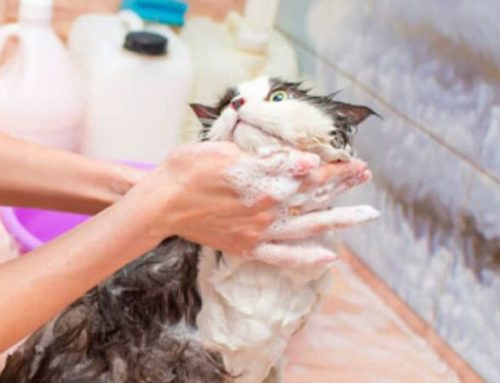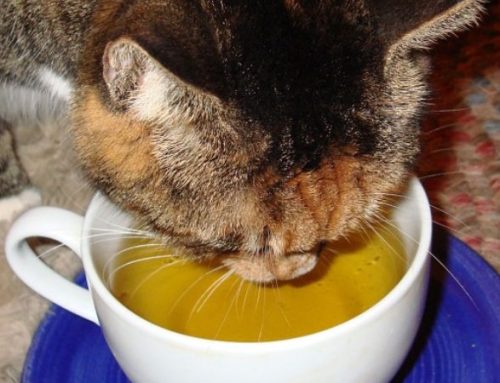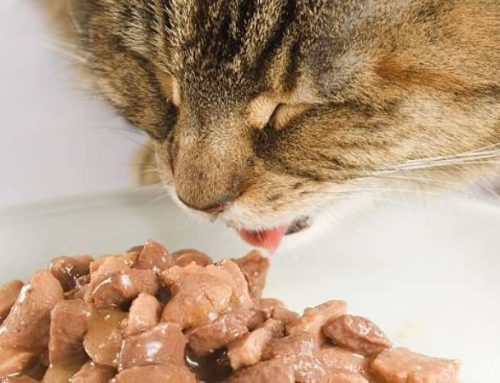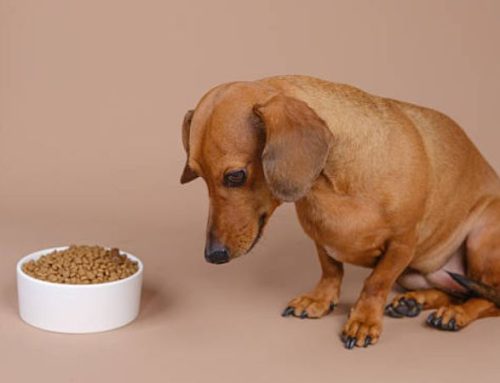When your feline friend suddenly turns green around the whiskers or spends more time near the litter box than on your lap, it can be stressful for both of you.
At Nexus-Pets, we understand how worrying it is to see your cat dealing with upset stomachs. That’s why we’ve put together practical, safe, and easy-to-follow home remedies to help soothe vomiting and diarrhea in cats—so your kitty can bounce back quickly and comfortably, right in the comfort of your own home.

Immediate Home Remedies for Cat Vomiting and Diarrhea
When your cat experiences vomiting or diarrhea, prompt and careful at-home care can help ease their discomfort and prevent complications. While these remedies are intended for short-term, mild cases, it is crucial to monitor your cat closely and contact your veterinarian if symptoms persist or worsen.
1. Temporarily Withhold Food
Give your cat’s digestive system a chance to reset by withholding food for a brief period, typically between 8 to 24 hours. This allows their stomach and intestines to process the cause of the upset without additional strain. Avoid skipping water—hydration is critical to prevent dehydration.
2. Provide Constant Access to Fresh Water
Cats lose significant fluids during vomiting or diarrhea, which can lead to rapid dehydration. Keep fresh water available at all times, and consider offering alternatives such as diluted low-sodium broth or specialized pet rehydration solutions. If your cat refuses to drink, try small, frequent sips or even ice cubes.
3. Feed Small Portions of Bland, Easily Digestible Foods
After the fasting period, introduce small amounts of gentle foods that are easy on the stomach. Ideal options include:
- Boiled chicken – skinless and boneless, served plain
- Plain white rice – fully cooked, no seasonings
- Plain pumpkin – unsweetened, no added spices
- Boiled sweet potatoes – cooked and unseasoned
Feed these in small, frequent portions rather than a single large meal, giving the digestive system time to recover gradually. Avoid adding any flavorings, oils, or sweeteners, which could further irritate the stomach.
4. Gradually Reintroduce the Regular Diet
Once vomiting or diarrhea has subsided and your cat is tolerating bland foods, slowly transition back to their regular diet over several days. Begin by mixing a small portion of their normal food with the bland food, gradually increasing the proportion of regular food while decreasing the bland food. This helps prevent recurrence of digestive upset.
Important Notes
- Never give over-the-counter human anti-diarrheal or vomiting medications without veterinary guidance, as many are toxic to cats.
- Keep an eye on litter box habits and overall behavior—if symptoms persist beyond 24–48 hours, or if blood appears in vomit or stool, contact your veterinarian immediately.
- For kittens, senior cats, or cats with pre-existing health conditions, seek veterinary advice before attempting home remedies.
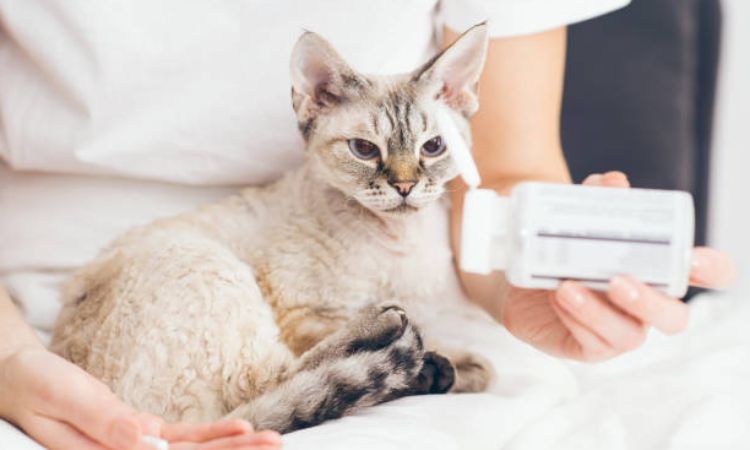
Additional Home Care Tips
- Probiotics: Help restore healthy gut bacteria disrupted by vomiting or diarrhea. Use only cat-specific products recommended by a veterinarian.
- Electrolytes: Support hydration by offering veterinary-approved electrolyte solutions or diluted, unsalted broths. Encourage small, frequent sips.
- Avoid Human Medications: Never give over-the-counter human drugs unless prescribed by a vet, as many are toxic to cats.
Herbal and Natural Remedies for Cat Vomiting and Diarrhea
Ginger (in small doses)
Ginger has long been recognized for its anti-nausea properties. A very small amount of ginger, prepared as a mild tea or incorporated into a vet-approved supplement, can help soothe an upset stomach and reduce vomiting. Avoid giving large doses, as concentrated amounts may irritate a cat’s digestive system.
Slippery Elm Bark
Slippery elm contains mucilage, a naturally soothing substance that coats the gastrointestinal tract. This protective layer can reduce irritation, calm inflammation, and promote smoother digestion, making it useful for both diarrhea and vomiting. Slippery elm is often available as a powder that can be mixed into small amounts of food or water.
Pumpkin (Plain, Unsweetened)
Pumpkin is a safe, natural source of soluble fiber that can help regulate bowel movements. It can firm up loose stools in cases of diarrhea or act as a gentle stool softener if constipation is present. Feed in small amounts, gradually adjusting to your cat’s tolerance. Avoid spiced or sweetened pumpkin varieties.
CBD and Other Natural Supplements
Some pet owners use CBD treats or other veterinary-approved natural supplements to support gastrointestinal comfort. These products may help reduce inflammation, nausea, and general digestive upset. Always consult your veterinarian before introducing CBD or any supplement to ensure safety, correct dosage, and suitability for your cat’s specific condition.
Important Notes:
- These remedies are intended for mild, short-term digestive upset.
- Monitor your cat closely for dehydration, lethargy, or worsening symptoms.
- Seek veterinary care immediately if vomiting or diarrhea persists, contains blood, or your cat shows signs of serious illness.
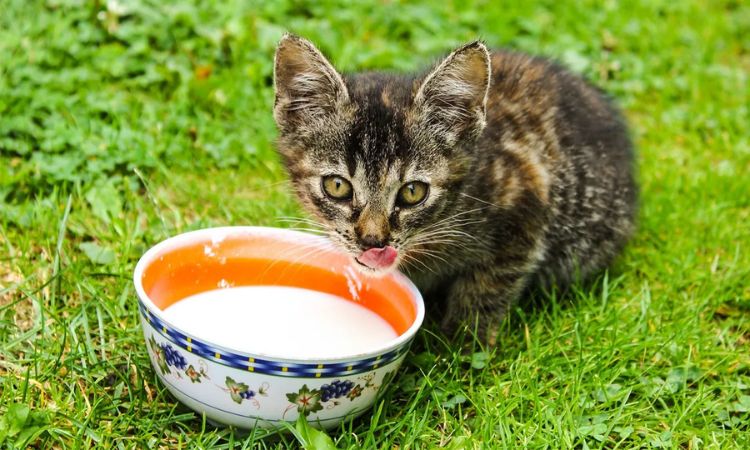
Preventive Measures for Future Episodes
Taking proactive steps can help minimize the risk of future episodes of vomiting and diarrhea in cats. Preventive care focuses on diet management, environmental safety, parasite control, and routine veterinary oversight.
- Sudden changes in your cat’s food can trigger digestive upset. When introducing a new diet, transition slowly by mixing increasing amounts of the new food with the old over 7–10 days. Avoid feeding human food, table scraps, or treats that may irritate their stomach.
- Cats are naturally curious and may ingest toxic plants, chemicals, or small objects that cause vomiting or diarrhea. Keep potentially harmful plants, household cleaners, medications, and small items like hair ties and rubber bands out of reach. Regularly inspect toys and remove any broken or hazardous items.
- Routine parasite control—including worming, flea treatments, and vaccination—helps prevent infections that can upset your cat’s digestive system. Schedule regular veterinary check-ups to monitor overall health and catch early signs of illness before they lead to vomiting or diarrhea.
Feeding your cat nutritionally complete, easily digestible food designed for sensitive stomachs can reduce the likelihood of gastrointestinal issues. Low-antigen or hypoallergenic diets may be recommended for cats with food sensitivities or chronic digestive problems, but any dietary change should be approved by your veterinarian.


